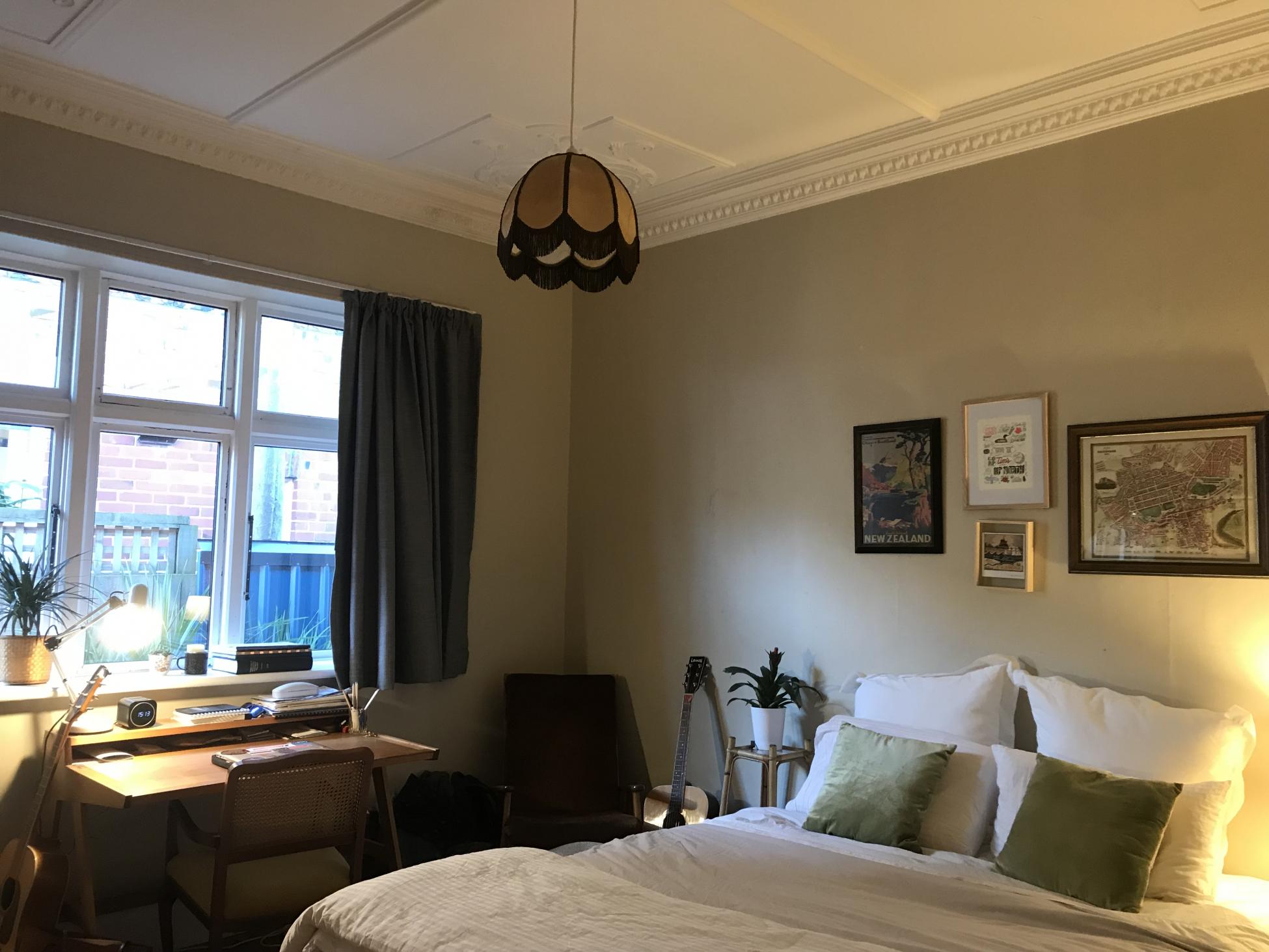When I moved to Scotland for a one-year graduate degree, I decided relatively quickly to rent a room from the university in their postgrad accommodation.
“I’m only living there for a year, I have a place to stay immediately, I don’t have to worry about furnishings," I thought. "It’s easy. Sold.”
When I moved to Dunedin, New Zealand, I did things differently. I arrived with two suitcases and a one-week hostel booking. I spent the first day sleeping and the next day attending rental property viewings, all appointments having been arranged online prior to departure. By the end of the week, I was moving into a house with three native NZ roommates. Here’s why I think the second option was the better experience.
More for your money
Living on campus is convenient. Leases run with terms and come with basic furnishings, seemingly perfect for the transient international student. That being said, convenience—as is usually the case—costs. Often, it is more affordable to live further away from campus in a residential area, which is where I looked when I moved to Dunedin.
My off-campus place costs about 50 percent of what some students are paying to stay in postgraduate accommodations. Sure, the rental space didn’t come fully furnished like a campus accommodations would, but with a little bit of imagination and patience, I found everything I needed in "op shops." (Shorthand for "opportunity shops," this what secondhand stores are called in New Zealand.) It was a bit more upfront effort, but it saved me money to put towards weekend adventuring.
Local intel
When choosing to live on campus, you generally end up living with fellow international students. Living off-campus means you’re more likely to end up cohabiting with locals.
Not only have I enjoyed the time spent with my lovely flatmates, but I have come to appreciate the value in their recommendations. Collectively, they’ve amassed considerable local knowledge from their time growing-up, living and working in Dunedin. New Zealand is chockfull of hidden gems tucked away down alleys, roads, and tracks, easy to pass by unwittingly. For the most part Lonely Planet and Instagram have made this information accessible, but having suggestions from people who have already explored the area is still so valuable. I’ve been directed to eclectic parking lot cafés, camping spots off the beaten trail, and local hiking spots I otherwise wouldn’t have thought to explore.
Having a place a bit away from campus, with people who aren’t necessarily a part of your department can be a healthy break.
Pick your poison
University services usually send around forms to fill out, the ones that ask “are you clean, messy, smoke, drink, etc.” Still, those somewhat invasive forms don’t always result in a perfectly matched co-tenant. You may end up living with fast friends, or you could end up horrified with the living situation, avoiding your apartment at all costs.
By waiting until I arrived to start the flat hunting, I was able to sit down with my flatmates-to-be over a cup of tea and suss out if our lifestyles were a match.
The second life
Academia is great, but sometimes it’s nice to take a step away from university life. Having a place a bit away from campus, with people who aren’t necessarily a part of your department can be a healthy break. Let’s face it, finding people to hangout with is no longer as simple as dropping the classic playground line “will you be my friend?” While fellow student friendships are relatively easy to build, meeting locals can be tougher. Living with them is a great way to break the ice.
Sure, moving to a new country without an established place to call home is daunting. I didn’t know how long it would take to find a place, and of course I had a normal amount of anxiety about finding the right spot. Ultimately, I realized, no matter what, I’d have a place to live; there is always a hostel or hotel room to rent for a week if you need it.
By being flexible in the beginning, I was able to experience the city, and choose a flat teeming with good vibes in a neighbourhood distanced from the city centre chaos.
Initially, I had to be comfortable with the uncomfortable, but it has paid off—I found a flat one minute from the beach in a quirky and quaint home. Yes, moving abroad is a very stressful and monumental task, but consider pushing your boundaries just that bit further.
Add this article to your reading list




